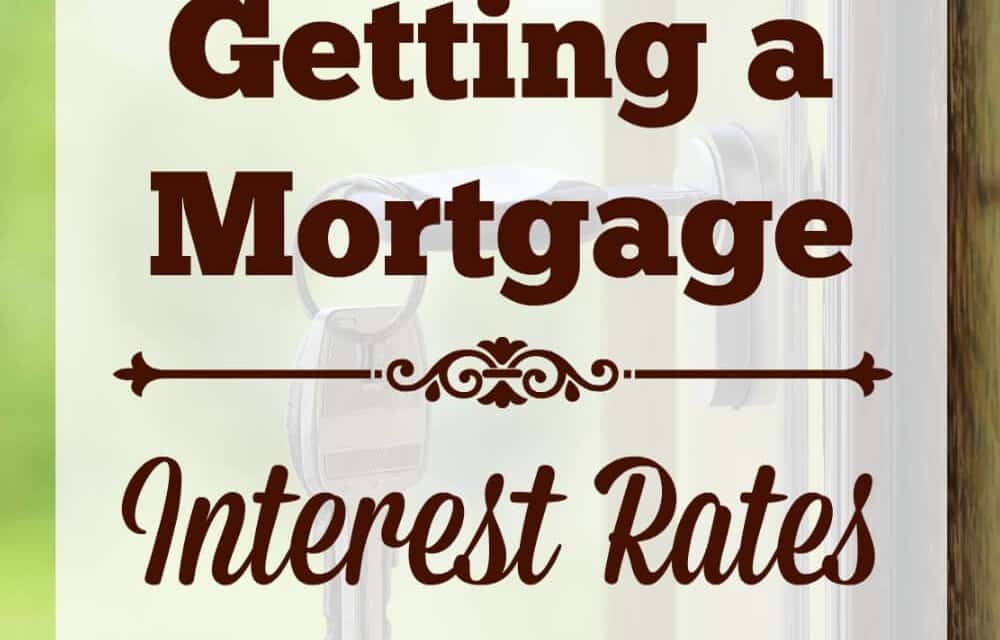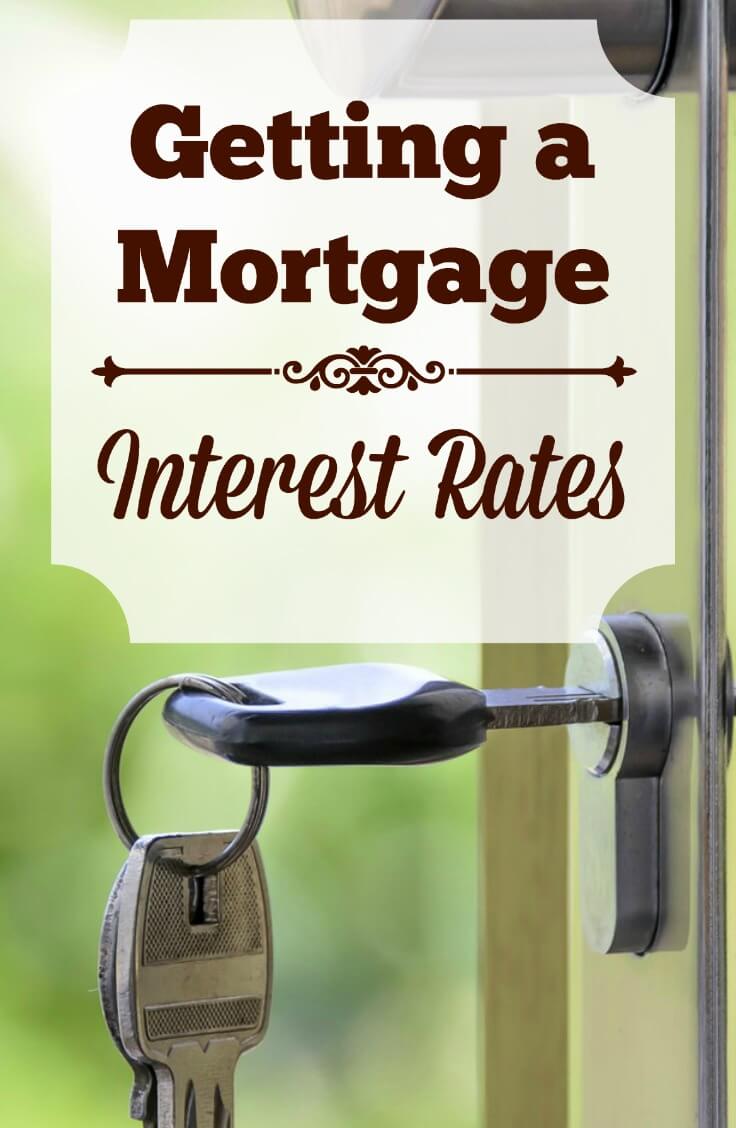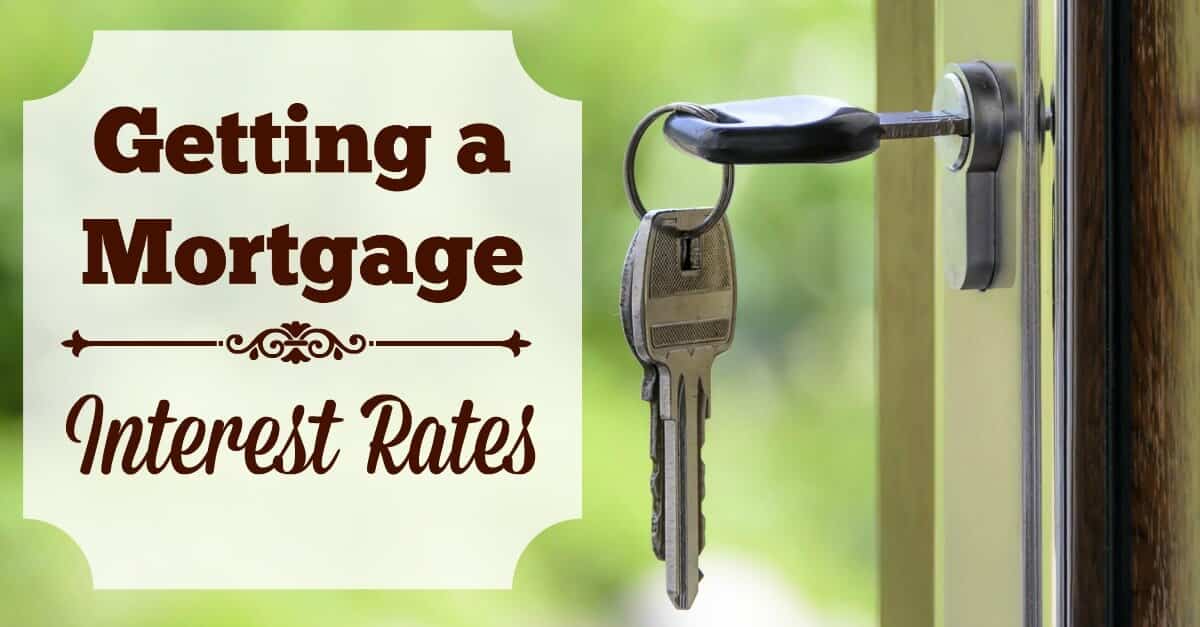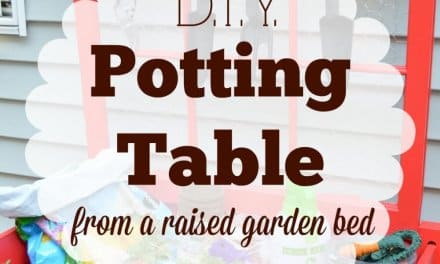This article was originally posted on The Simple Dollar.
So interest rates may not be the most exciting topic in the world – certainly not as much fun as banker lingo – but if you’re thinking of buying a home it’s essential knowledge. Getting the right interest rate can save you upwards of hundreds of thousands of dollars, depending on the size of your loan. If that’s not worth taking time to read up, I don’t know what is.
Get a fixed rate.
Mortgage interest rates come in two flavors — fixed, meaning you’ll pay the same through the life of your loan; and adjustable, meaning after a period of time your interest rate might increase. Fixed rates are an attractive option because you’ll always know what your payment is going to be each month. Adjustable rates are attractive because they often start off lower than fixed rates, and that could mean you might get approved for a higher loan amount (and possibly get a bigger and better home).
So which is better?
Right now, a fixed rate is. Adjustable loans were really popular when interest rates were super high because, although you were locked in at that rate for a period of time, you had the potential to decrease later without having to refinance. Right now, that’s not an issue.
I’ll be blunt. If you need to get an adjustable-rate mortgage right now to afford a home, you shouldn’t be buying a home. The rates are still so ridiculously low that you should lock a fixed rate in while you can.
Joshua Jarvis
Founder, Jarvis Team Realty
Your rates are yours and yours alone.
Some lenders are extremely forthcoming with the interest rates, closing costs, and fees you’ll pay for getting a mortgage, but what you see advertised may not be exactly what you get.
That’s because a lot goes into determining your interest rate: If you’ve had past credit problems, for example, you may have to pay a higher rate. On the other hand, if you’re willing to put down a large down payment, your quoted rate may be lower. The numbers will also change depending on what loan product you pick: FHA interest rates are lower than conventional loan rates when you apply; opting for a 15-year term instead of a 30-year term could also lower the rate a bit.
The good news is you can shop around — and you should. Different lenders will offer different terms, and if you apply to several within 30 days, all of those hard pulls on your credit report will only count as one inquiry.
Interest rates might go up.
In December 2015, the Federal Reserve agreed to raise the interest rate for the first time in 10 years. It’s not much of a hike — only a 0.25 percentage point increase — but that little number could change what you’ll pay for a mortgage.
The Fed doesn’t determine the exact interest rate you get: That’s up to your lender. But the Fed’s increase might be a good reason to finally raise the mortgage rates above the historical lows we’ve been enjoying. The problem is, no one can say for certain when that will happen. “We’ve all been telling each other that rates are going to go up for a decade now. And we know they will go up — just not when,” explains Schlekeway.
It’s also hard to tell how much the increase would actually be, and if you’ll even notice (much). “Do I think it is going to have a huge effect on the housing market? Not really,” Schlekeway says. “But it depends on how much rates go up. Too much could affect affordability.”
The simple answer might be to pull the trigger now if you’ve been on the fence about buying. Rates are currently low and getting in before “anyone’s guess” happens is a win.
Next week we’ll dig into credit and how much, or how little, your credit can impact your ability to get a mortgage.
The Simple Dollar is a place where anyone can come to acquire financial information on finding the best products and services, saving money, making smart investments, and controlling personal finances. Think of the The Simple Dollar as a personal finance platform you can use to make better financial decisions and grow your bank account.







